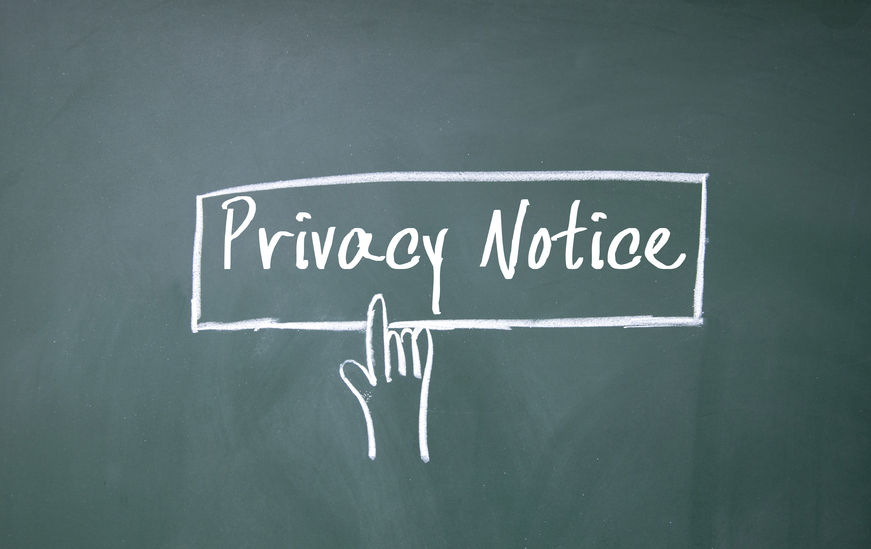Bogus Facebook ‘Privacy Notice’ posts continue to dupe users

This is not the first time that fake privacy notice posts have gone around Facebook and may not be the last until people figure out that there is no point in sharing them. Image INQUIRER.net
False news has become so commonplace on Facebook and other social media platforms that Facebook itself has taken some serious measures to cull this proliferation of misinformation. Alas, some posts still continue to trick users who unwittingly spread the message.
The bogus message states:
“As of Jan. 5, 2015 at 10:50 a.m. Eastern standard time, I do not give Facebook or any entities associated with Facebook permission to use my pictures, information, or posts, both past and future. By this statement I give notice to Facebook it is strictly forbidden to disclose, copy, distribute or take any other action against me based on this profile is private and confidential information. The violation of privacy can be punished by law (UCC 1-308-11 308-103 and Rome statute). NOTE: Facebook is now a public entity. All members must post a note like this. If you prefer, you can copy and paste this version. If you do not publish this statement at least once it will be tactically allowing the use of your photos, as well as information contained in the profile status updates. DO NOT SHARE you MUST copy and paste to make this I will leave a comment so it will be easier to copy and paste!!!”
Caitlin Dewey of the Washington Post pointed out that this is not the first time this privacy screen has popped up on users’ newsfeeds. Several variations have already been making the rounds on Facebook since 2012, reports Business Insider.
For the record, it’s pointless to pass this message around as Facebook has not desired whatsoever to own their users’ posts. Everything has and will always belong to the user. Sending out the message will also not prevent Facebook from “violating your privacy” because signing up for the service requires agreement to the “Terms of Service,” which includes a privacy policy.
Signing up to Facebook also means that users agree to the company’s Statement of Rights and Responsibilities which gives Facebook “a non-exclusive, transferable, sub-licensable, royalty-free, worldwide license to use any IP content that you post on or in connection with Facebook.” In layman’s terms, having a Facebook account means the company can use anything you post on the site for promotional purposes.
In effect, if a person does not agree with Facebook’s policies, the best course of action is to simply delete the account and never look back. No amount of sharing “privacy notices” will create localized exceptions for users whatsoever. Alfred Bayle/rga